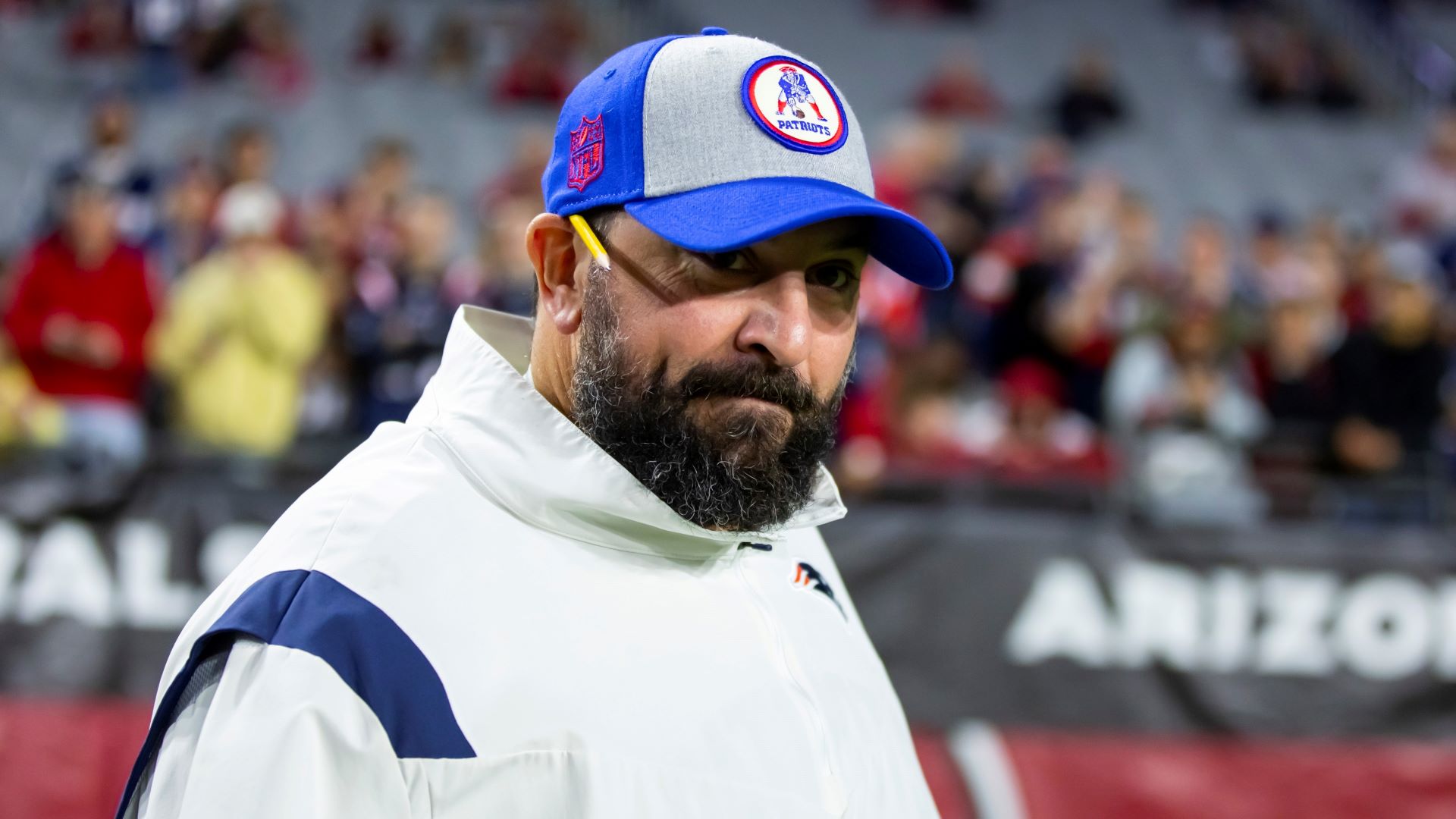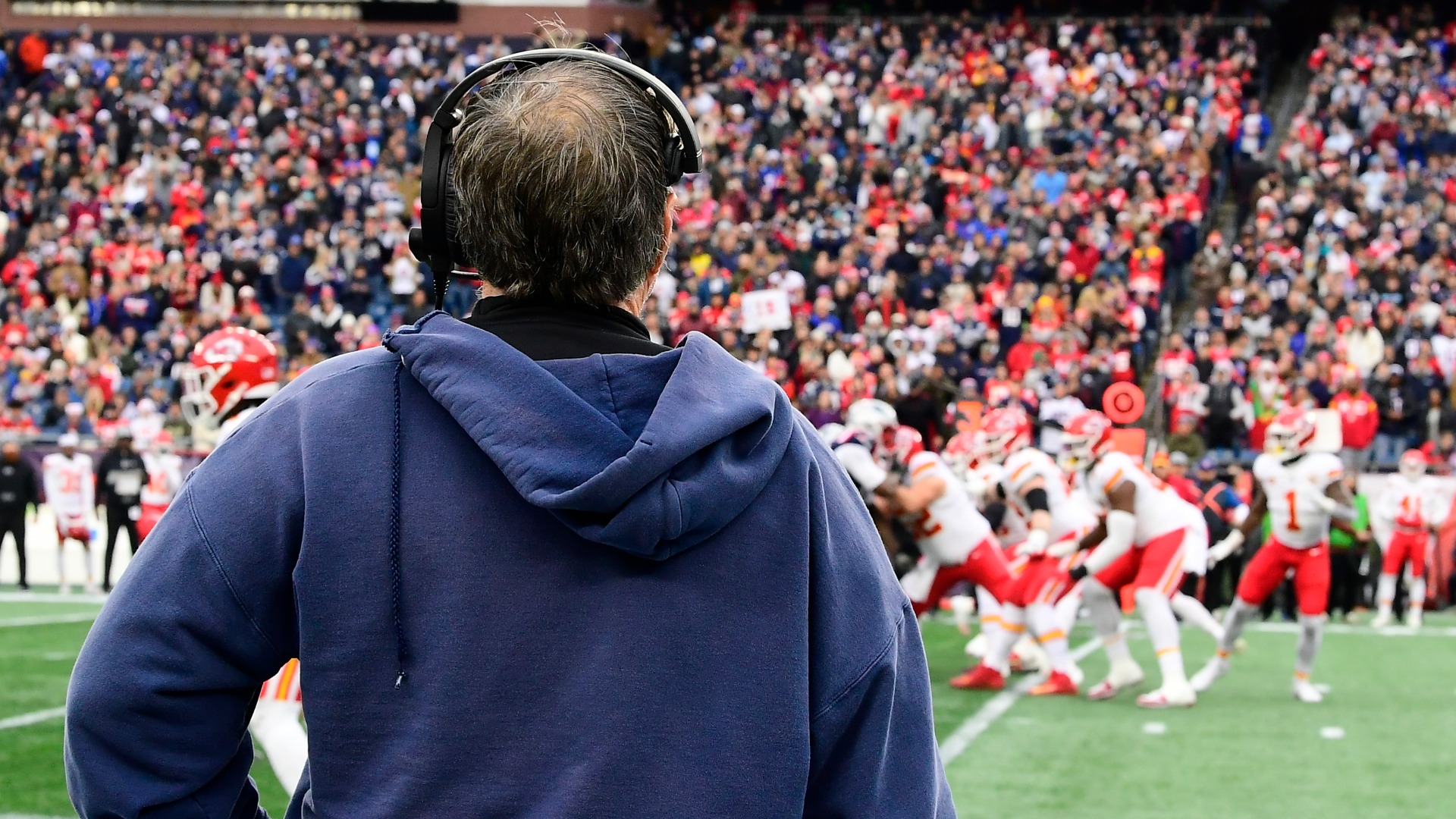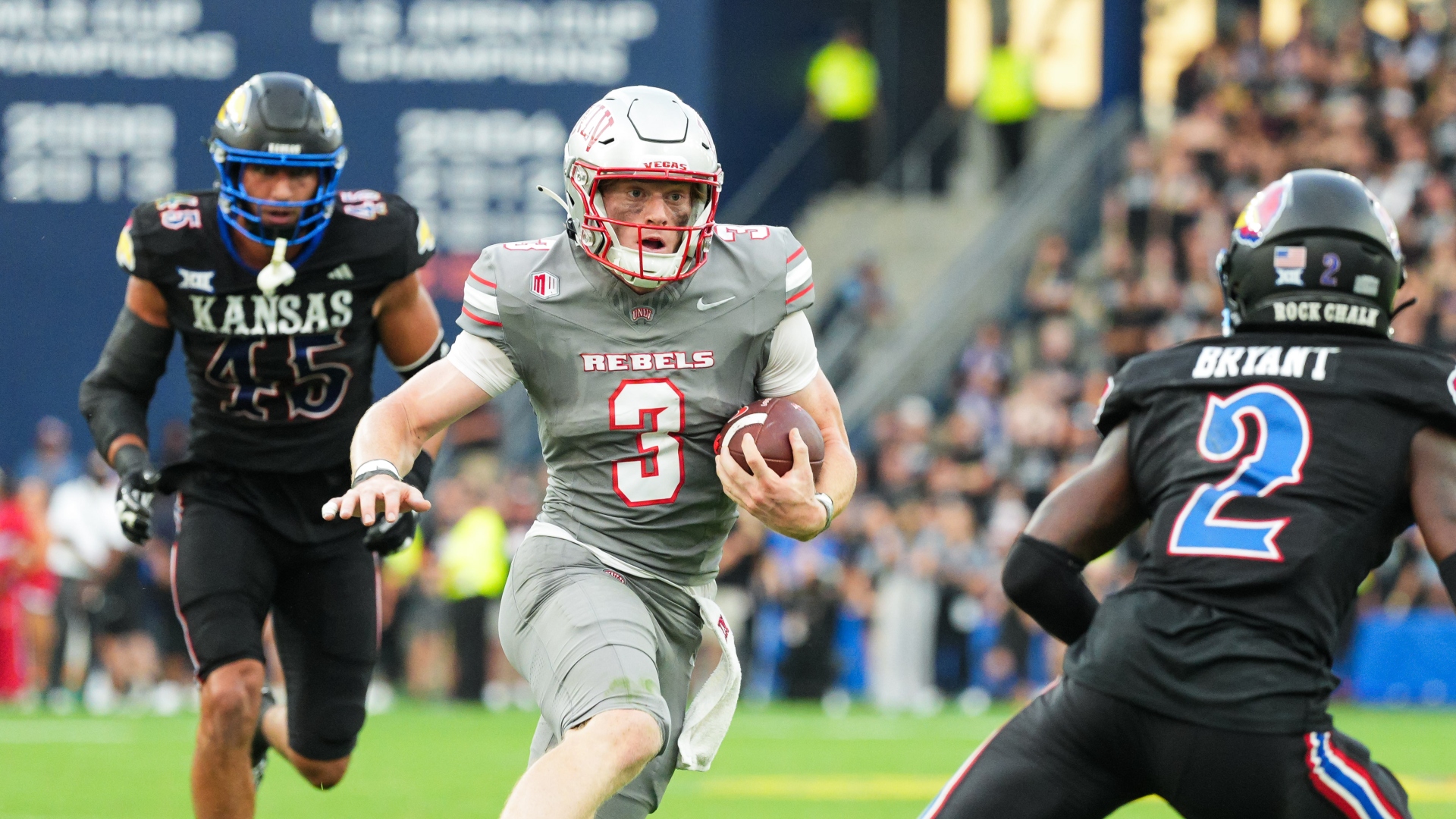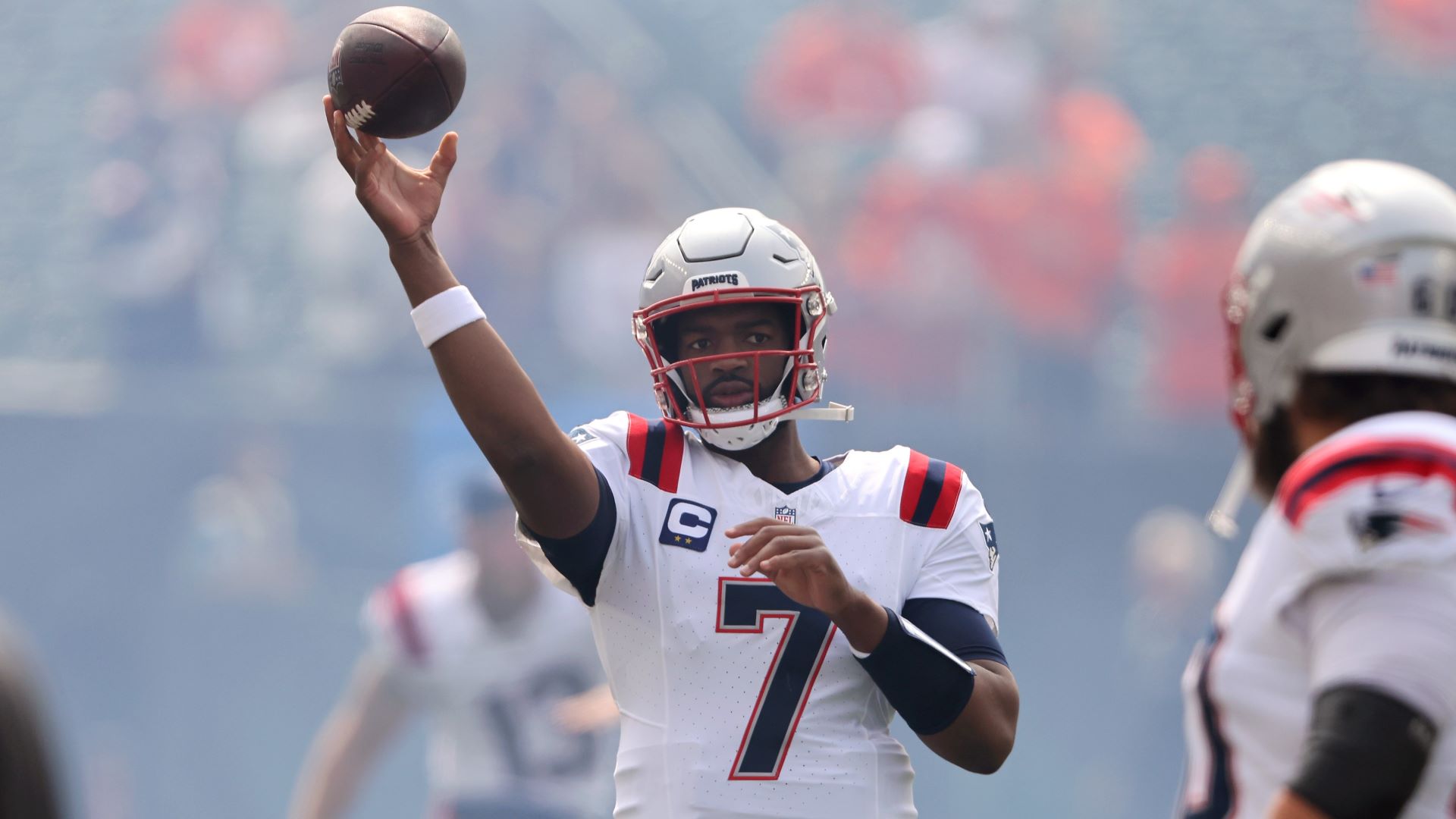 SOUTH BEND, Ind. — Manti Te’o has already tried to explain how his heartwarming story of playing through adversity was a lie he wasn’t responsible for, and how he was the victim of a cruel hoax about a dead girlfriend who never existed.
SOUTH BEND, Ind. — Manti Te’o has already tried to explain how his heartwarming story of playing through adversity was a lie he wasn’t responsible for, and how he was the victim of a cruel hoax about a dead girlfriend who never existed.
He still has questions to answer, with many wondering whether he was a victim or participant in the scam. Those doubts even extended to his own campus, where he is one of the most popular players in Notre Dame’s storied history.
“Whenever Manti decides to speak I’ll bet the entire campus will stop what they’re doing and watch what he has to say,” Notre Dame student body president Brett Rocheleau said Thursday. “I think the majority of students believe in Manti. They just want to hear him answer these final few questions and hear the story from his point of view.”
When Te’o will do that, like so much else about this story, is still a mystery.
An Associated Press review of news coverage found that Te’o talked about his doomed love in a Web interview on Dec. 8 and again in a newspaper interview published Dec. 10. He and the university said he learned on Dec. 6 that it was all a hoax – not only was she not dead, she wasn’t real.
On Thursday, a day after the bizarre news broke, there were questions about whether he really was duped, as he claimed, or whether he and the university were complicit in the hoax and misled the public, perhaps to improve his chances of winning the Heisman. He came in second, propelled by one of the most compelling plot lines of the season.
Yahoo sports columnist Dan Wetzel said the case has “left everyone wondering whether this was really the case of a naive football player done wrong by friends or a fabrication that has yet to play to its conclusion.”
Gregg Doyel, national columnist for CBSSports.com, was more direct.
“Nothing about this story has been comprehensible, or logical, and that extends to what happens next,” he wrote. “I cannot comprehend Manti Te’o saying anything that could make me believe he was a victim.”
On Wednesday, Te’o and Notre Dame athletic director Jack Swarbrick said the player was drawn into a virtual romance with a woman who used the phony name Lennay Kekua, and was fooled into believing she died of leukemia in September. They said his only contact with the woman was via the Internet and telephone. Te’o was not at the news conference; the school released a 225-word statement from him.
Te’o also lost his grandmother – for real – the same day his girlfriend supposedly died, and his role in leading Notre Dame to its best season in decades endeared him to fans and put him at the center of one of college football’s feel-good stories of the year.
Relying on information provided by Te’o’s family members, the South Bend Tribune reported in October that Te’o and Kekua first met, in person, in 2009, and that the two had also gotten together in Hawaii, where Te’o grew up.
Sports Illustrated posted a previously unpublished transcript of a one-on-one interview with Te’o from Sept. 23. In it, he goes into great detail about his relationship with Kekua and her physical ailments. He also mentioned meeting her for the first time after a game in California.
“We met just, ummmm, just she knew my cousin. And kind of saw me there so. Just kind of regular,” he told SI.
Among the outstanding questions: Why didn’t Te’o ever clarify the nature of his relationship as the story took on a life of its own?
Te’o’s agent, Tom Condon, said the athlete had no plans to make any public statements in Bradenton, Fla., where he has been training with other NFL hopefuls at the IMG Academy.
Notre Dame said Te’o found out that Kekua was not a real person through a phone call he received at an awards ceremony in Orlando, Fla., on Dec. 6. He told Notre Dame coaches about the situation on Dec. 26.
The Associated Press’ media review turned up two instances during that gap when the football star mentioned Kekua in public.
Te’o was in New York for the Heisman presentation on Dec. 8 and, during an interview before the ceremony that ran on the WSBT.com, the website for a South Bend TV station, Te’o said: “I mean, I don’t like cancer at all. I lost both my grandparents and my girlfriend to cancer. So I’ve really tried to go to children’s hospitals and see, you know, children.”
In a column that first ran in The Los Angeles Times, on Dec. 10, Te’o recounted why he played a few days after he found out Kekua died in September, and the day she was supposedly buried.
“She made me promise, when it happened, that I would stay and play,” he said on Dec. 9 while attending a ceremony in Newport Beach, Calif., for the Lott Impact Awards.
On Wednesday, when Deadspin.com broke the story, Swarbrick said Notre Dame did not go public with its findings sooner because it expected the Te’o family to come forward first.



